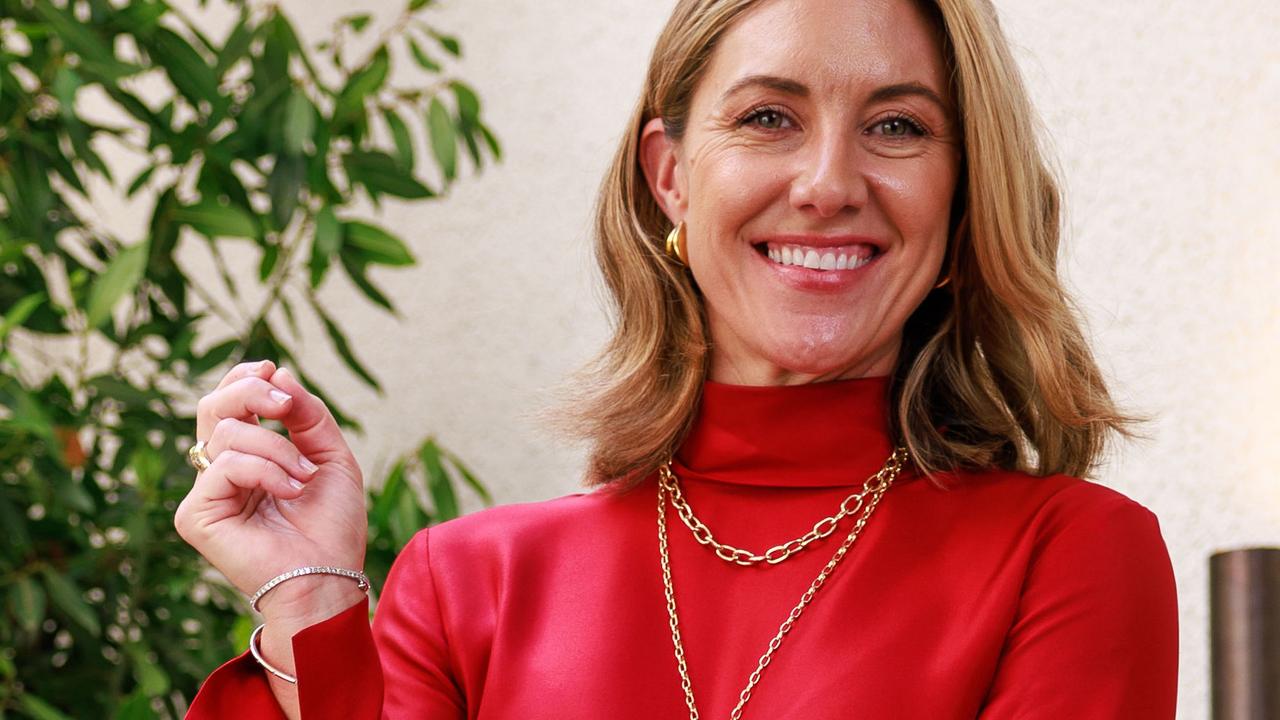How teenage diet is linked to an overload of social media
Skipping breakfast has been linked to another behaviour in teens, which parents should be aware of.

Diet
Don't miss out on the headlines from Diet. Followed categories will be added to My News.
An overload of sweets, sugary drinks or skipping breakfast in adolescence is directly linked to overusing social media, Queensland researchers have discovered.
Associate Professor Asaduzzaman Khan from the University of Queensland’s School of Health and Rehabilitation Sciences led a team that analysed data from the Health Behaviour in School-Aged Children survey involving 222,865 adolescents from 41 countries.
“This is the first multinational study to offer insights into how social media behaviours are linked to adolescents’ dietary choices,’’ Dr Khan said.
“As social media use continues to rise, it’s important to access what potential harm its use may be doing to our kids,’’ he said.
The study which is published Tuesday in Pediatric Research, examined social media use that was defined as excessive (frequent or extended use), or problematic (mirroring addiction-like symptoms with compulsive and uncontrollable behaviour).
Both types were associated with lower breakfast intake and higher consumption of sweets and sugary foods and drinks.
Dr Khan said the findings reinforced the importance of reducing problematic and excessive social media use to help stop poor dietary habits.

“These poor dietary habits are potential risk factors for obesity, weakened immune system, mental wellbeing, and chronic conditions including diabetes, hypertension, and cardiovascular issues later in life,” he said.
The researchers reported that while issues like cyber-bullying, body shaming and negative body image are beyond the scope of the study they know from other research that overuse of social media certainly affects psychosocial health, academic performance, interpersonal and family relationships.
“The challenge is how, as a family, as a community, we are going to deal with it, so we are using the technology without letting our kids harm themselves. We cannot simply live our life without social media or without screens but there is a need for education in the community,’’ Dr Khan said.
The research also analysed fruit and vegetable consumption, finding problematic social media use was associated with a lower fruit and vegetable intake, with adolescents in this category possibly engaging in mindless eating of unhealthy snacks while scrolling, with limited time for meal preparation.
Conversely, excessive use was linked to a higher intake of fruit and vegetables that may be due to the influence of health-conscious influencers, nutritionists, and fitness enthusiasts, the study reported.
Dr Khan said adolescence offered a unique opportunity to develop and promote healthy dietary habits.
“This is a period characterised by autonomy in eating behaviours and establishment of new personal habits,’’ he said.
Originally published as How teenage diet is linked to an overload of social media




